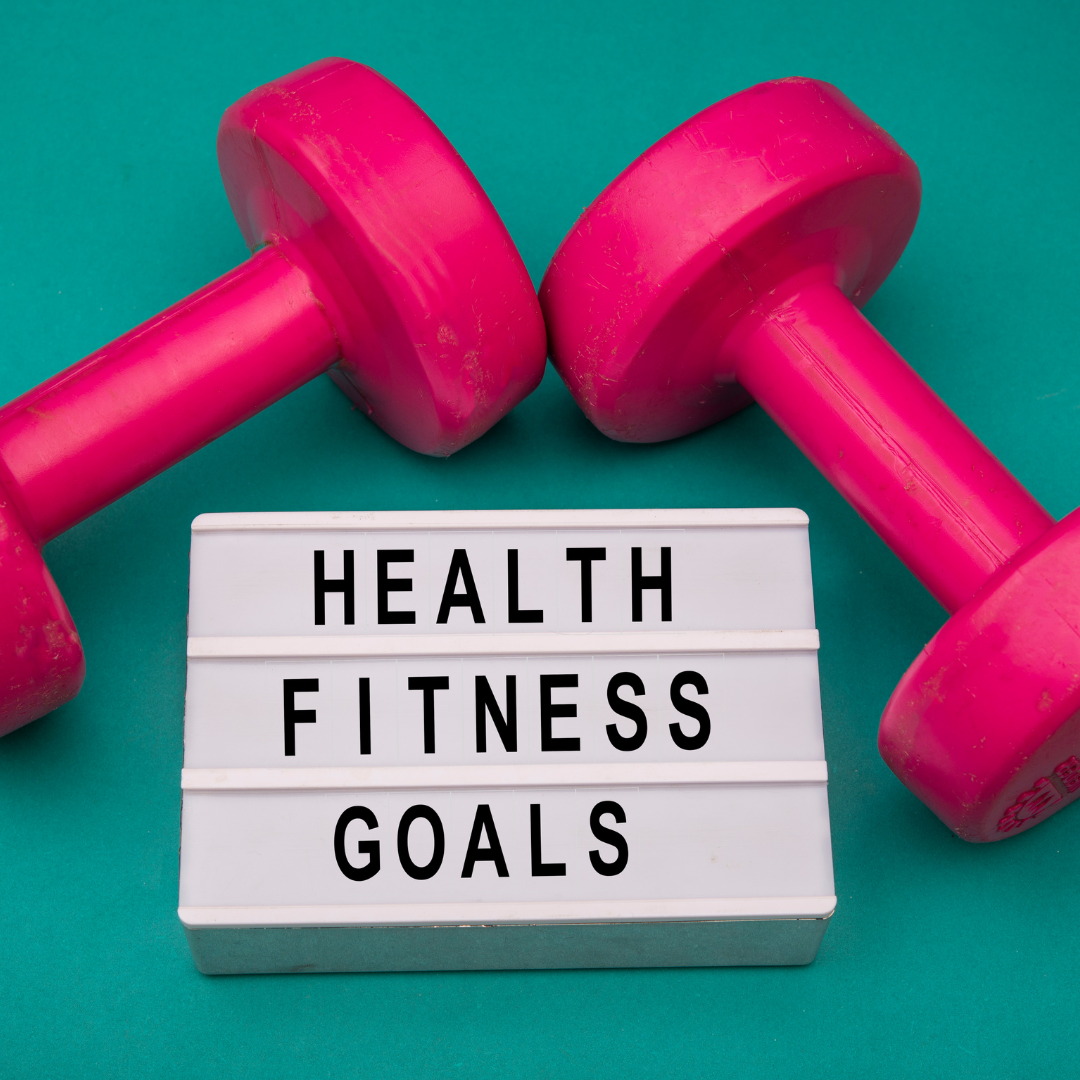Shop At Haya: Your Ultimate Shopping Guide
Discover the best shopping tips, trends, and deals for a smarter buying experience.
Fitness Goals: Why Your ‘Get Fit’ Resolution is Actually a Trap
Uncover the truth behind fitness resolutions and why your 'get fit' goal might be setting you up for failure. Break free and thrive!
Unpacking the ‘Get Fit’ Resolution: Why It Often Leads to Burnout
The 'Get Fit' resolution is a common goal set at the beginning of the year, often fueled by a fresh wave of motivation and high hopes. However, many individuals find themselves overwhelmed by the sudden shift in lifestyle. The pressure to achieve immediate results can lead to unrealistic expectations, pushing people to adopt extreme workout regimens and restrictive diets. This abrupt transition often creates a cycle of burnout where the initial excitement gives way to exhaustion, frustration, and ultimately, abandonment of the goal altogether.
A critical factor contributing to this phenomenon is the lack of sustainable habits. Instead of focusing on gradual progress and consistency, many individuals fall into the trap of seeking quick fixes. They may engage in intense training sessions or follow fad diets, which are both unsustainable in the long run. As motivation wanes, the psychological toll can be heavy—feelings of guilt and failure can compound the situation. To combat this, it's essential to shift the mindset from rushing to 'get fit' to embracing a more balanced approach that prioritizes well-being and self-compassion, paving the way for long-term success.

The Pitfalls of Fitness Resolutions: How to Set Realistic Goals Instead
As the new year approaches, many individuals are filled with enthusiasm and motivation to embark on their fitness journeys. However, the excitement often leads to unrealistic expectations and eventually disappointment. Fitness resolutions can become daunting, especially when they're not accompanied by practical planning. Common pitfalls include setting overly ambitious goals, neglecting gradual progress, and failing to account for personal preferences and lifestyle changes. To avoid these traps, it’s essential to acknowledge that fitness is a lifelong commitment, not a temporary challenge.
To set realistic goals, consider implementing the SMART criteria: Specific, Measurable, Achievable, Relevant, and Time-bound. For example, instead of saying, 'I want to lose weight,' you might say, 'I aim to lose 5 pounds in the next two months by exercising three times a week and meal prepping on Sundays.' Additionally, include a mix of activities you enjoy to maintain motivation and commitment. Remember, the journey is just as important as the destination, so celebrate small victories along the way!
Is Your 'Get Fit' Mindset Holding You Back? Discover Alternative Approaches to Health
The traditional 'Get Fit' mindset often emphasizes extreme diets and intense workout regimens, which can lead to feelings of guilt and inadequacy when they are inevitably hard to sustain. Is your 'Get Fit' mindset holding you back? Instead of focusing solely on weight loss or body image, consider adopting a more holistic approach that prioritizes overall well-being. By shifting your focus to enjoyable activities and nourishing foods, you can foster a more positive relationship with health that is sustainable and fulfilling.
Alternative approaches to health can include practices such as mindful eating, where you savor each bite and listen to your body’s hunger cues, or embracing moderate physical activities like walking, dancing, or yoga. Rather than setting rigid goals, think about integrating small, consistent changes into your daily routine that promote well-being without the pressure of a strict regime. Remember, it’s about progress, not perfection; by focusing on the journey rather than an end goal, you may discover that the path to health can be enjoyable and enriching.